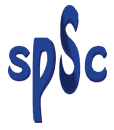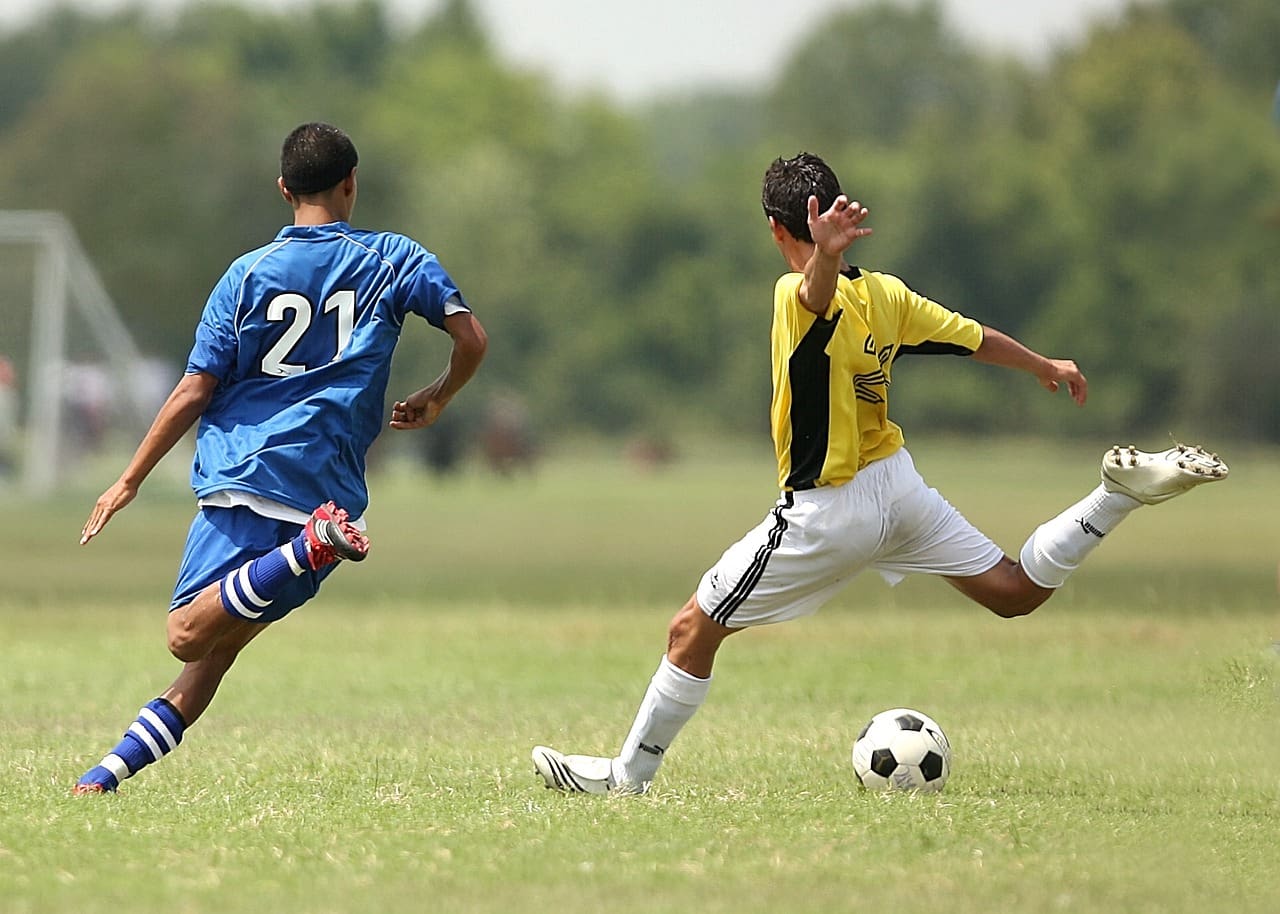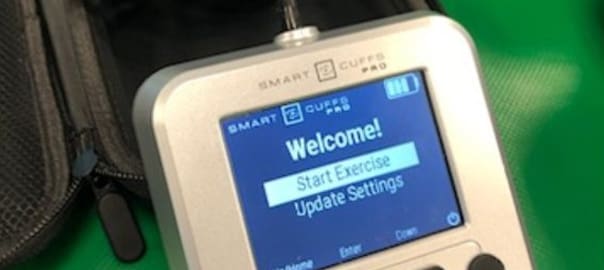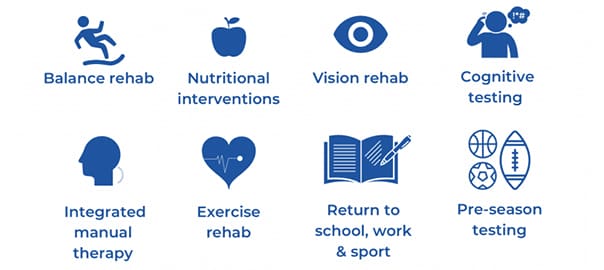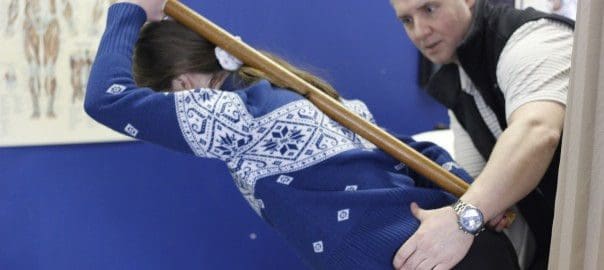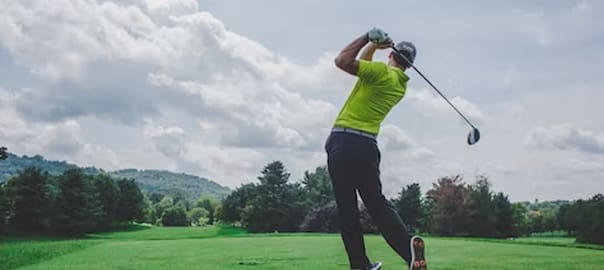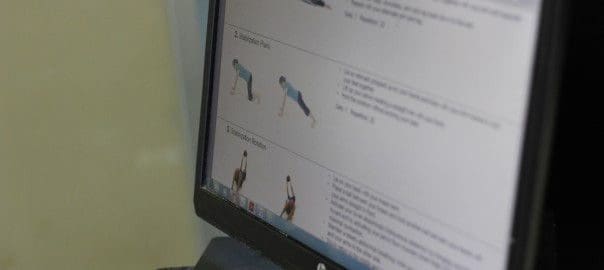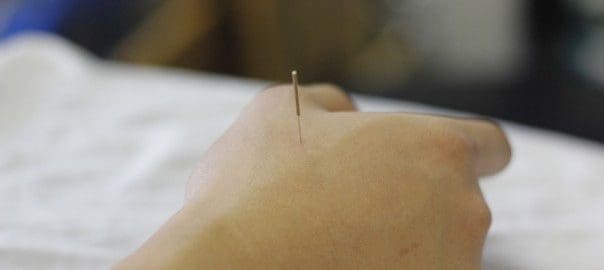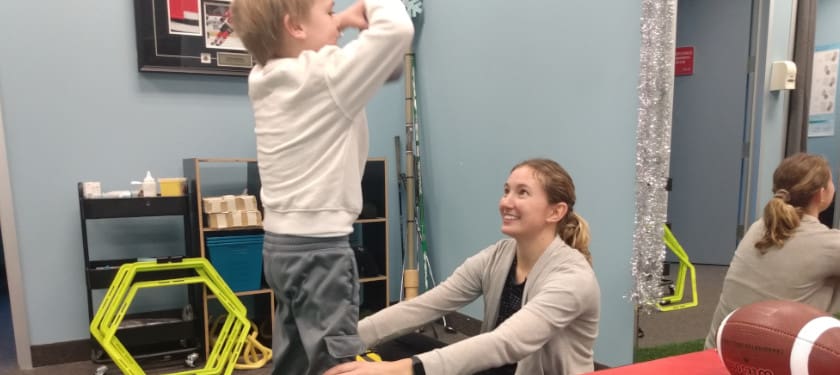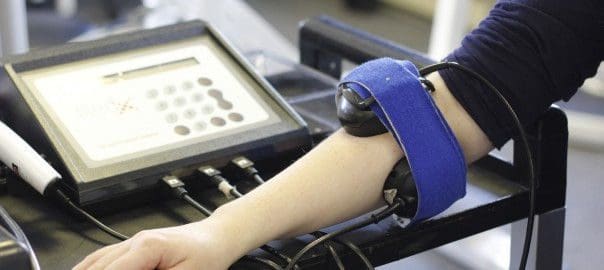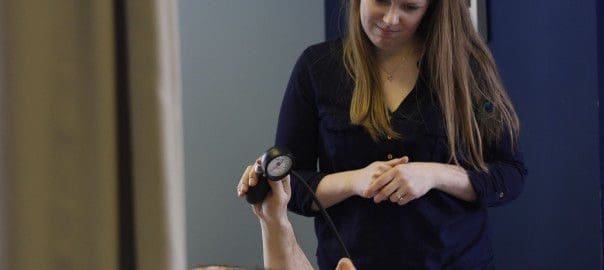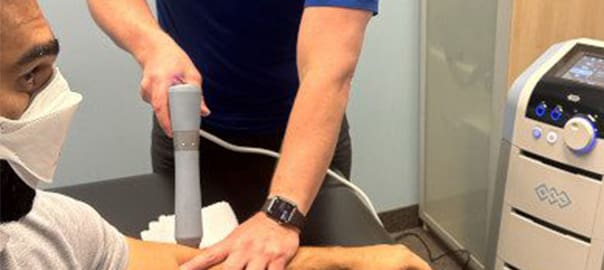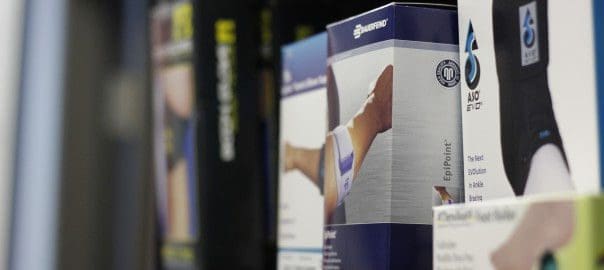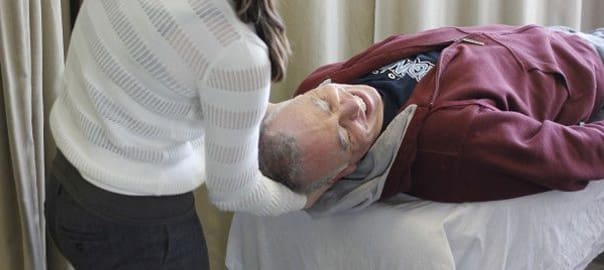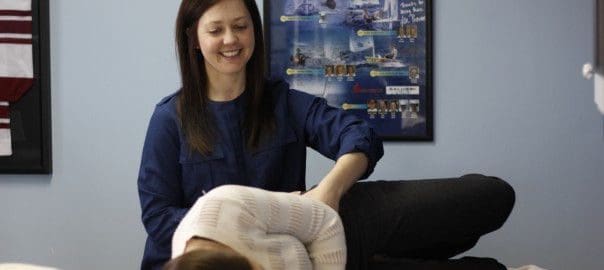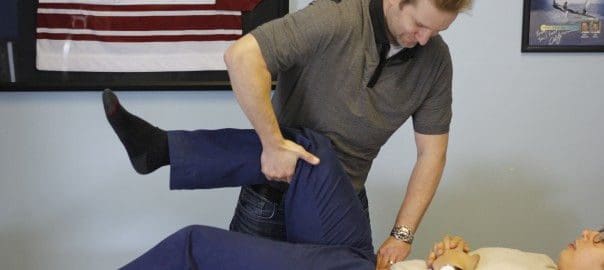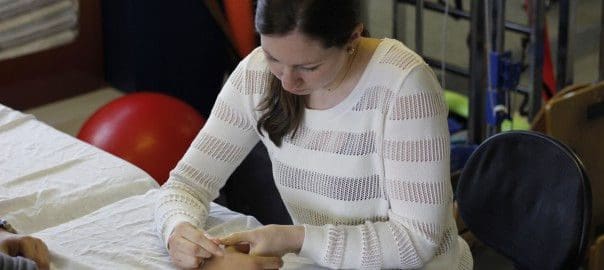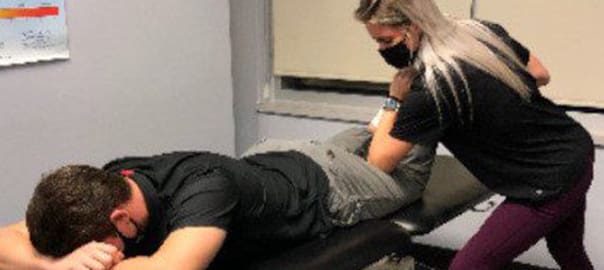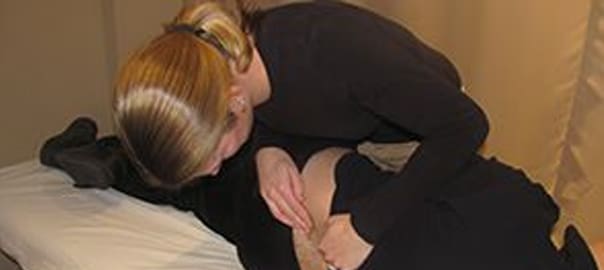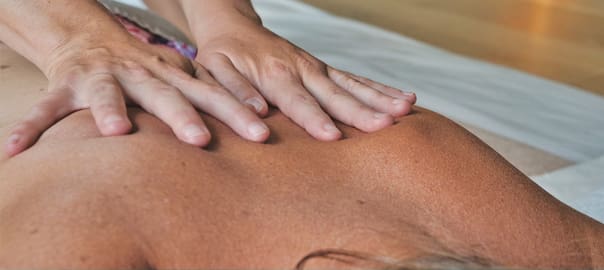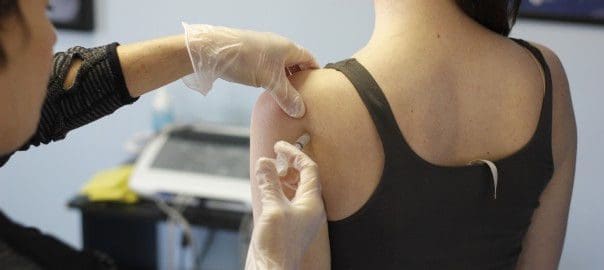Concussion Symptoms
Concussions make up roughly 22% of all soccer related injuries. Despite public awareness and athlete education surrounding concussions, roughly 50% of athletes do NOT report their concussions and return to sport while still symptomatic. These athletes either see no harm in playing with a concussion, believe it will make them look weak, or truly do not realize that they have sustained a concussion. In reality, a concussion should be taken seriously. Playing any sport with a concussion will prolong recovery, and if the athlete were to sustain a second impact, there is the potential for additional and more complicated injuries to the brain, which could even be fatal. This article is meant to educate coaches, athletes, trainers, and parents on how to recognize and manage concussions more effectively.
Note: Sheddon’s therapists from the Oakville and Burlington Physio Clinics are prepared and licensed to test you and your team for concussions and recommend the proper recovery.
Concussion Recognition
Recognizing a concussion is the most important step in the management of the injury. Concussions are extremely difficult to recognize because you must rely heavily on athletes reporting their symptoms, and no two people will experience a concussion in the same way. If an athlete sustained a significant hit to the head OR body, you should suspect a concussion. REMOVE THEM FROM PLAY, and assess for symptoms. There are a number of different symptoms that people will experience, including physical symptoms (i.e., headaches, fatigue, dizziness, blurry vision, neck pain, balance issues, nausea), cognitive issues (i.e., poor concentration, memory issues, confusion) and/or emotional disturbances (i.e., irritability, sadness, emotional). If an athlete denies any symptoms, there are still some signs you need to look for:
- Does the athlete appear to be disoriented, slow, or uncoordinated?
- Does the athlete seem to be starring into space or appear dazed and confused?
- Is the athlete sick and vomiting?
- Is the athlete acting odd or out of character?
- Did the athlete lose consciousness?
- Is the athlete unable to respond to simple questions? Is their speech slurred?
If the athlete has any of the above signs or symptoms it is best to err on the side of caution and have a medical practitioner assess and diagnose properly. Early concussion recognition and intervention has been shown to significantly decrease recovery time and improve long-term outcomes. At Sheddon Physiotherapy, Sports Doctor and Sports Medicine all of our therapists are trained in concussion management and we strive to assess athletes with suspected concussions as quickly as possible.
Importance of a Concussion Baseline Test
A concussion impacts how the brain functions; therefore an MRI and other brain scans will NOT detect a concussion. Furthermore, there is no single clinical test that can be done to know when an athlete has sustained or fully recovered from a concussion. Occasionally, athletes sustain a hit and have a vague concussion presentation, whereby they deny symptoms, but parents feel that something seems off. In unclear cases like these, a preseason concussion baseline test comes in handy since it tests different areas of the brain that could potentially be affected by a concussion. Post injury test results need to be compared to pre-injury values in order to know if/when an athlete is at their normal pre-concussion baseline values. If an athlete does not achieve their pre-concussion baseline value in one or more components of the test, then a concussion is diagnosed. The baseline test is also essential for return to play decision-making. Research has shown that if sport clearance is based solely on symptom resolution, which occurs much sooner than brain recovery, athletes may be at risk for returning to sport too quickly. As such, the best way to ensure that you return to sport safely following a concussion is to get baseline tested BEFORE a concussion even occurs.
Concussion baseline testing is currently recommended in the National Concussion Guidelines for all athletes. This guideline was developed by chief medical experts of the Canadian Paraylmpic Committee, Own the Podium, and the network of high performance sport institute across the country. At Sheddon Phyiotherapy and Sports Medicine, we offer the most comprehensive and research proven concussion baseline testing of any sports medicine clinic in the Burlington, Mississauga and Oakville area. Teams and athletes across the GTA have trusted in our baseline testing for many years. To date, we have completed over a thousand baseline tests and successfully treated well over 800 concussions.
All of the therapists at Sheddon Physiotherapy and Sports Clinics in Oakville and Burlington have undergone extensive training with the Complete Concussion Management program in order to be educated with the most recent research-proven concussion management strategies. CASM and the Canadian Concussion Collaborative strongly promote a multidisciplinary approach to concussion management, which extends beyond the family doctor to include health care professionals with developed skills and expertise in concussions. If you have experienced a concussion and are still suffering from symptoms, contact one of the therapists at SPSC in order to assess and treat them immediately. If you have not suffered a concussion, but play a high-risk sport, contact SPSC regarding our baseline testing at 905-849-4576.
We are located only 6 min East of Oakville Place and 7 min from Oakville Go Station.
The Burlington physio clinic is located only 8 min north-east of LaSalle Park and 10 min north of Burlington Golf & Country Club, on Plains Rd East.
